The beauty of mathematics – in pictures
The book 50 Visions of Mathematics
is a collection of 50 short essays by 50 maths writers and a foreword
by Dara O Briain. Launched on Wednesday to celebrate the 50th
anniversary of the Institute of Mathematics and its Applications, it also contains 50 images supplied in response to an open call from the worldwide maths community. Here are my favourites
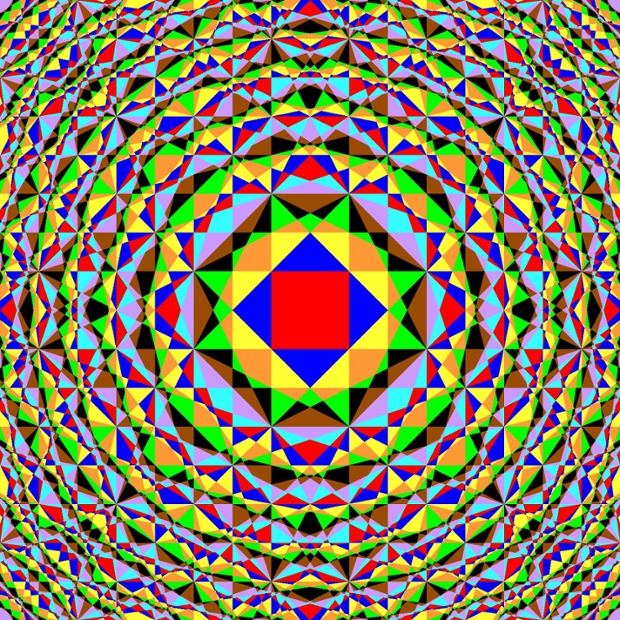
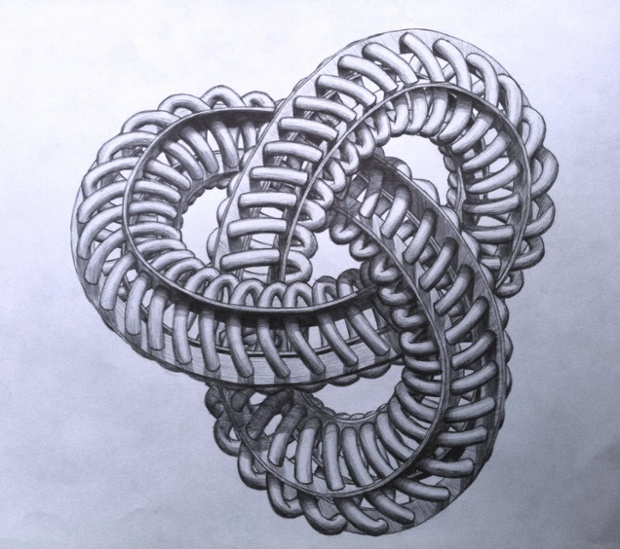
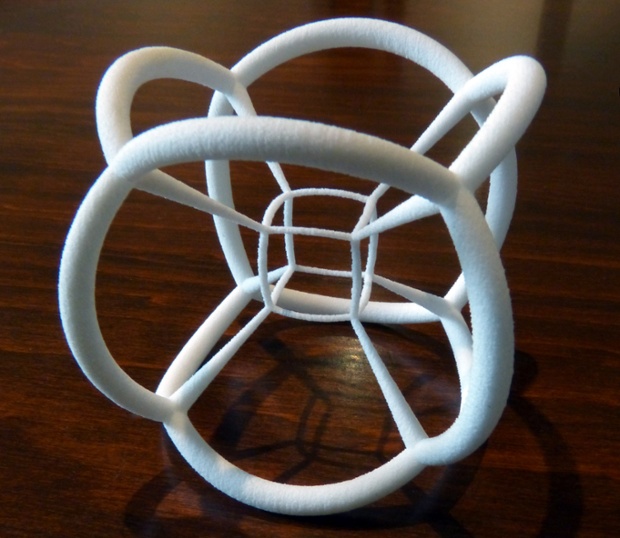
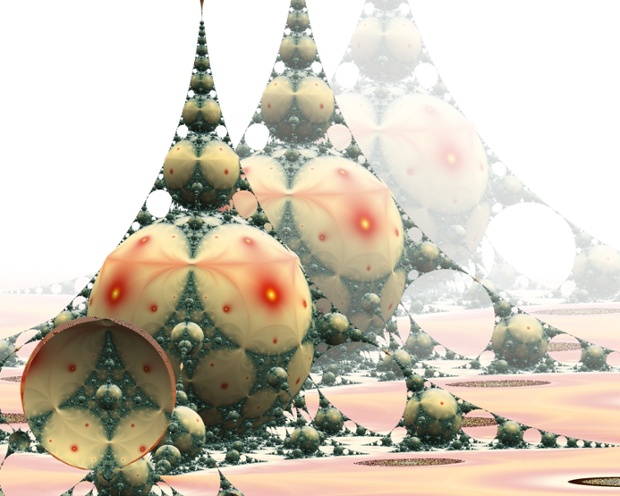
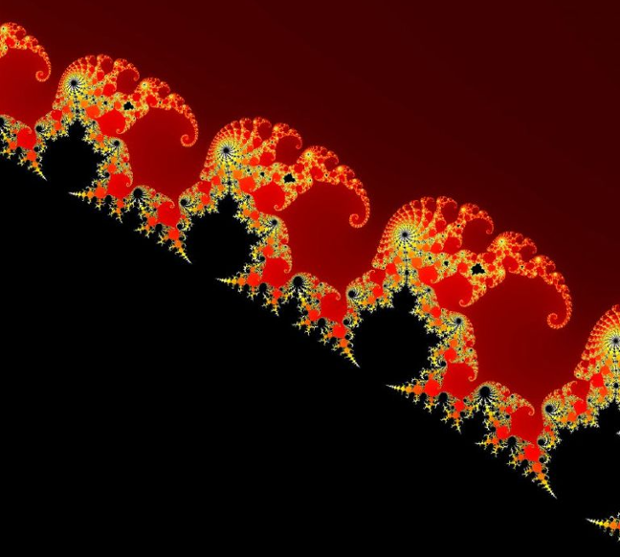
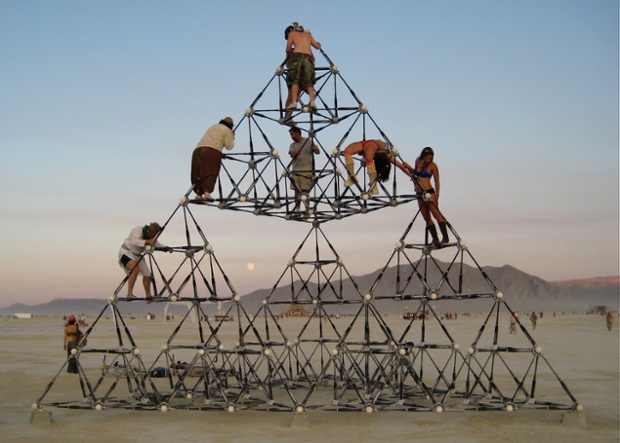
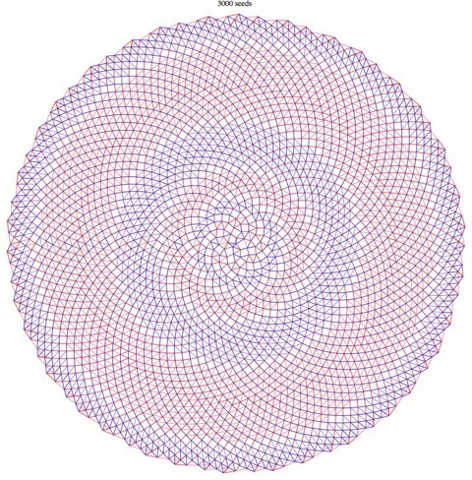
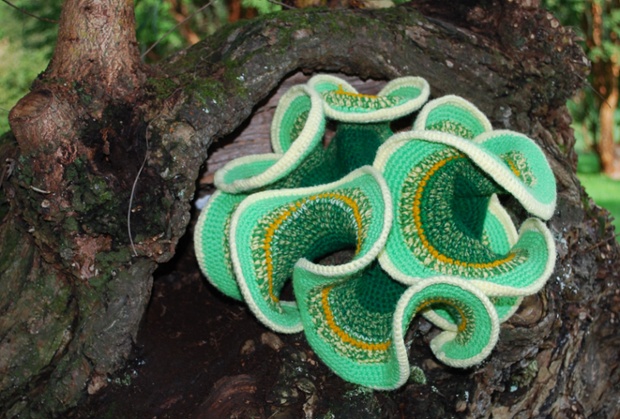
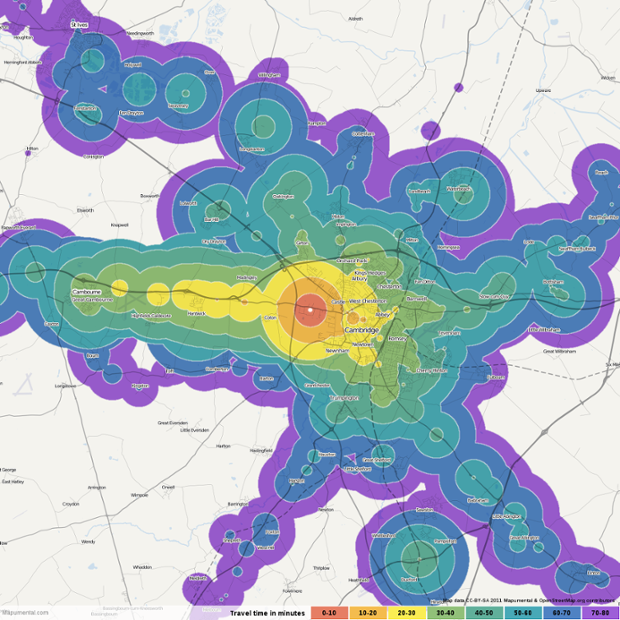
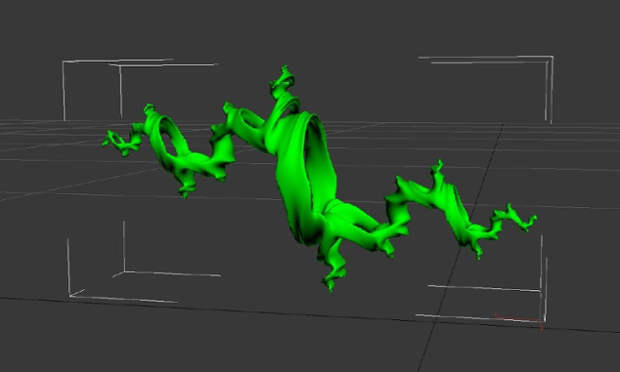
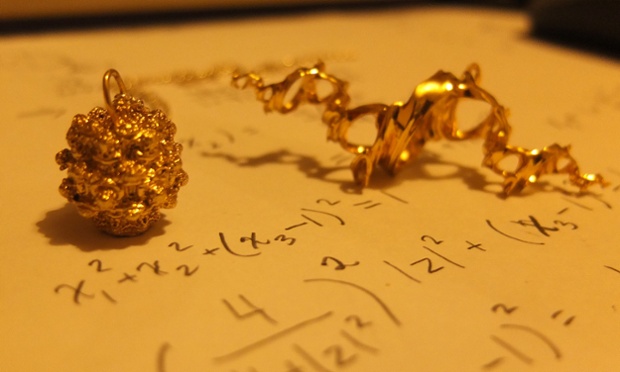
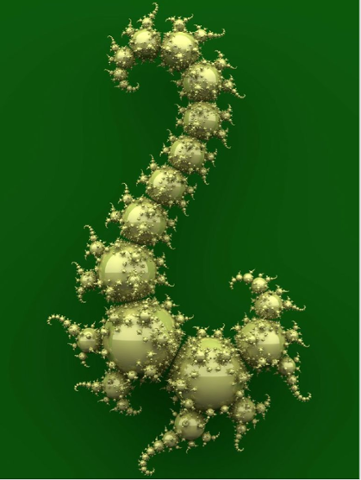
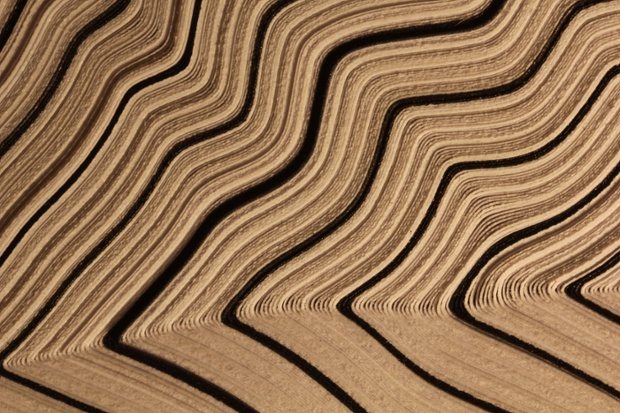
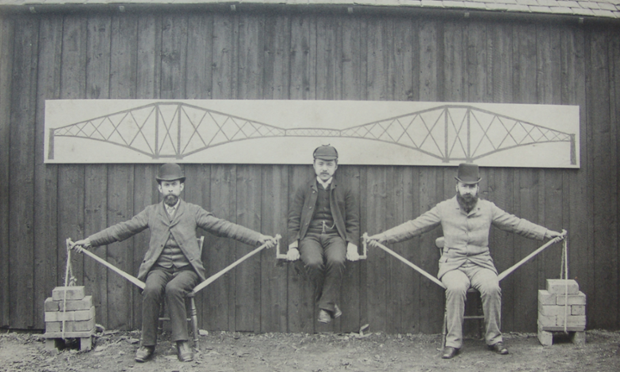
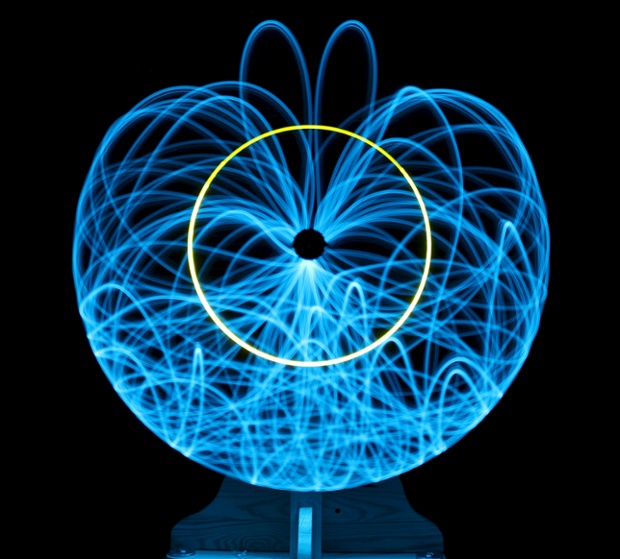
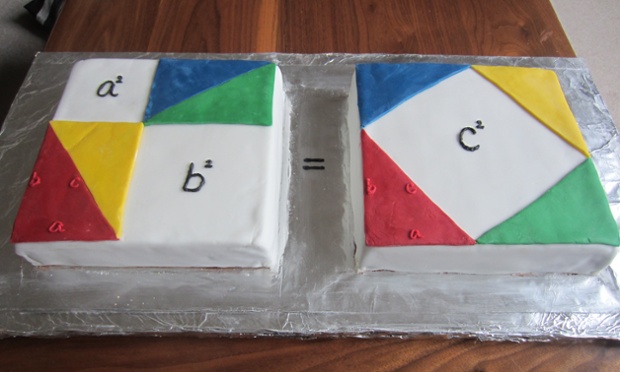













No comments:
Post a Comment
Please leave a comment-- or suggestions, particularly of topics and places you'd like to see covered